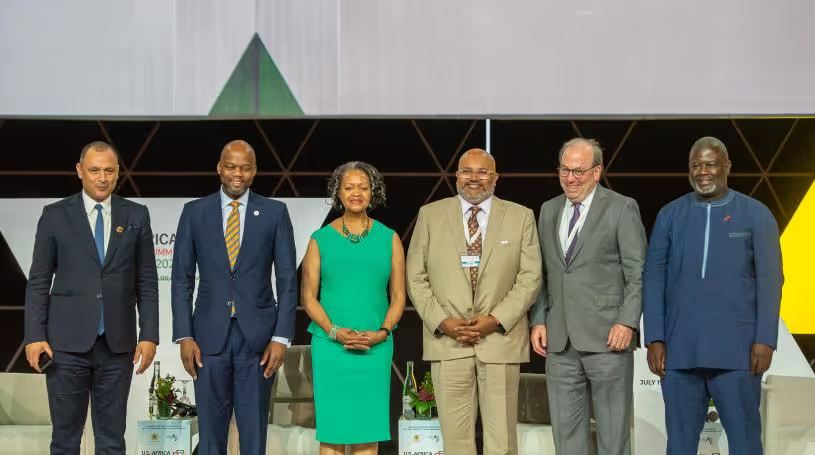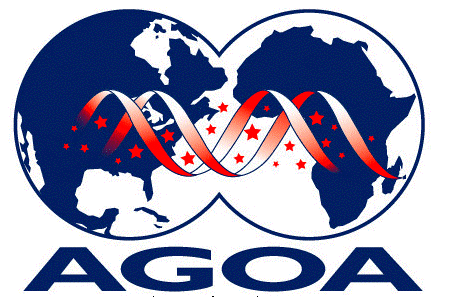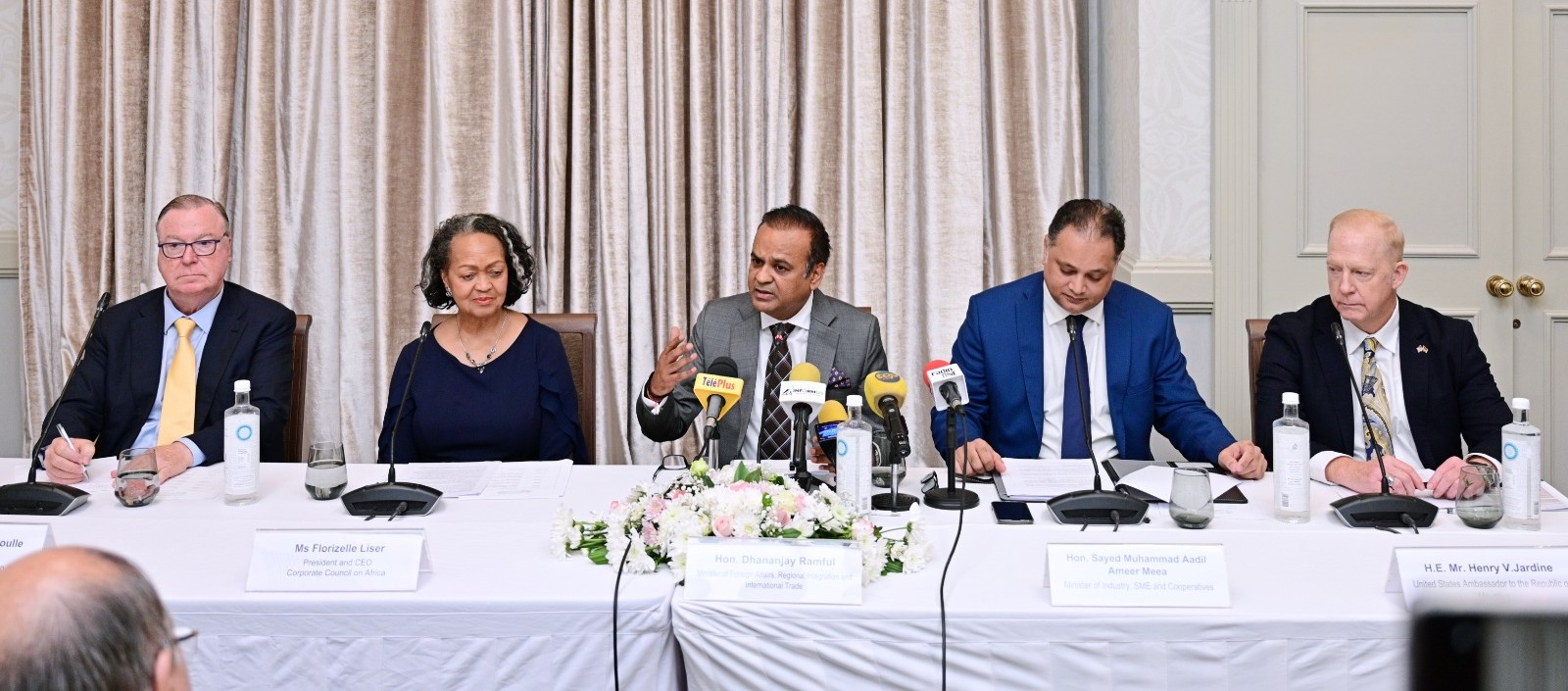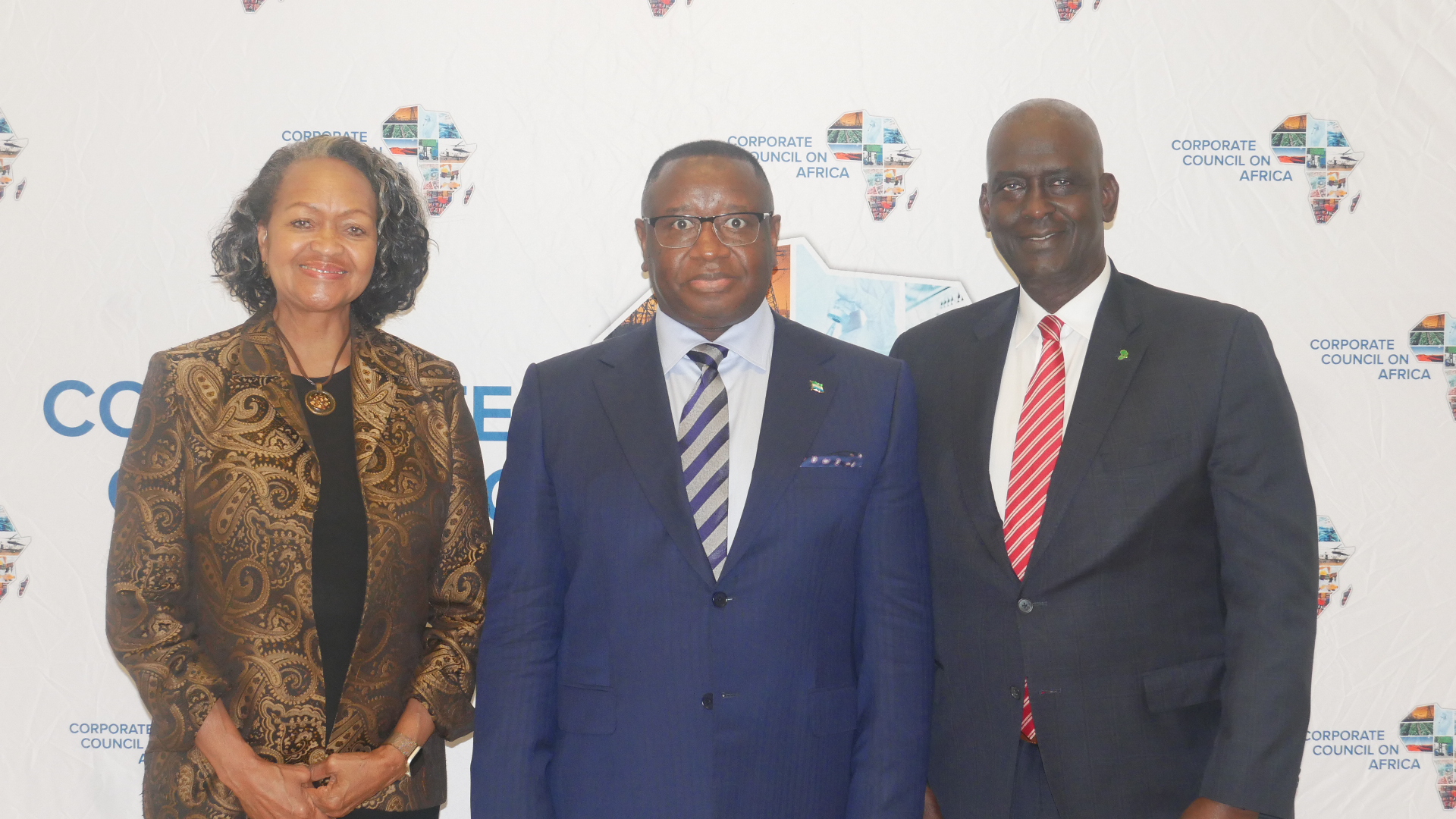Plenary: Future of U.S.-Africa Trade and Investment Relations - U.S.-Africa Business Summit 2022

Future of U.S.-Africa Trade and Investment RelationsJuly 21, 2022On Thursday, July 21, CCA President and CEO Florie Liser moderated this plenary on the Future of U.S.-Africa Trade and Investment Relations, which took a look at current developments under the African Continental Free Trade Agreement (AfCFTA), which will put in place the largest free trade area since the formation of the World Trade Organization and better enable Africa to leverage the power of its growing market. Panelists offered their thoughts on what policies the United States should pursue to promote greater trade and investment ties with Africa, including potential changes to the African Growth and Opportunity Act (AGOA) and the potential to pursue a Free Trade Agreement with African countries (as the U.S. has with Morocco, and has proposed with Kenya). Panelists included the Moroccan Minister of Industry and Trade Ryad Mezzour, the Secretary General of the AfCFTA Secretariat, Wamkele Mene, the Chair of the Africa Committee of the General Confederation of Moroccan Enterprises (CGEM) Abdou Diop, the Africa Practice Lead of Covington Dr. Witney Schneidman, and the Assistant Secretary for Global Markets from the U.S. Department of Commerce, Arun Venkataraman.Secretary General Mene noted that 43 countries have deposited their instruments of accession to AfCFTA, and argued that AfCFTA is ultimately about increasing intra-Africa trade, which will also build value chains and increase the continent’s industrial sector. There are positive signals that this strategy will work, such as value chains for autos; Afreximbank has set up a $1 billion fund for local components and finished cars that is supporting rapid growth in this sector, including rubber in Liberia, catalytic converters in Kenya and leather from Ethiopia, as well as copper from Zambia. Germany managed to pursue this kind of example in integrating east Germany into its value chains, and paid attention to investments in transportation, logistics and manufacturing. In terms of how to deepen trade and investment relations with the U.S., Mene noted that Africa’s experience of AGOA was a mixed bag. The largest exports have been minerals, and the biggest manufactured good has been autos, coming from just two countries, Morocco and South Africa. African firms have sometimes found it hard to meet standards for goods like cut flowers.All that said,Africa can and should boost exports, either under AGOA or FTAs. Pharmaceutical exports are possible, and agriculture exports are a must; Africa must focus on competitiveness and productivity.Minister Mezzour noted the example of Morocco’s standing up an automotive industry in just 15 years that now exports the most popular two car models to Europe, 64% of which are made in Morocco’s 215 auto plants and parts suppliers. He stressed that Africa’s real value is talent, and forecast that Africa will come up with creative solutions to shortages in items like batteries for electric vehicles by coming up with better recycling plants. He stressed the importance of logistics and stable electricity supply. Abdou Diop picked up on the Moroccan auto example as an illustration that Africa must do its homework, and have first a base for industrial production in order to have products to trade, while also pursuing economic integration. He noted that there will be an SME summit in October that will focus on how to develop complimentary value chains. Minister Mezzour noted that some U.S. competitors (like the UK) have targeted programs that allocate specific amounts for Morocco, and provide capital expenditure for companies up front as long as they buy a minimal amount of UK exports in a new investment.Picking up on the theme of homework, Witney Schneidman noted that African countries have significant unused capacity to export to the U.S. Only 14 countries have completed AGOA utilization strategies, but those that have, have seen a huge boost in exports to the US. This shows that governments can do their homework and see a real result. He argued that free trade is also important, and suggested there should be other FTAs with the U.s. than just Morocco. He suggested the U.S. ought to make AGOA permanent to lock in certainty about its provisions. At the same time, he stressed that the US is trading at a real disadvantage to others, like Europe, citing the example of fridges. The same fridge exported from the US faces a tariff of 18% versus 2% from Europe. This only discriminates against the African consumer and the American worker. We need to level the playing field. A/S Venkataraman said the U.S. should support AfCFTA, which makes investing in one country exponentially more attractive because it now implies access to multiple countries. He agreed with the importance of improving transportation linkages, noting a trade study that estimated saving 20% of transit times across Africa would save companies more money than eliminating all tariffs in Africa. He noted that the U.S. Government has rolled out its GPII program to boost investment in infrastructure, including in Africa, as a means of facilitating greater participation in international value chains, and not just on a commodity basis. He noted that USTR has also just announced a strategic trade initiative with Kenya.Click hereto view the session.



